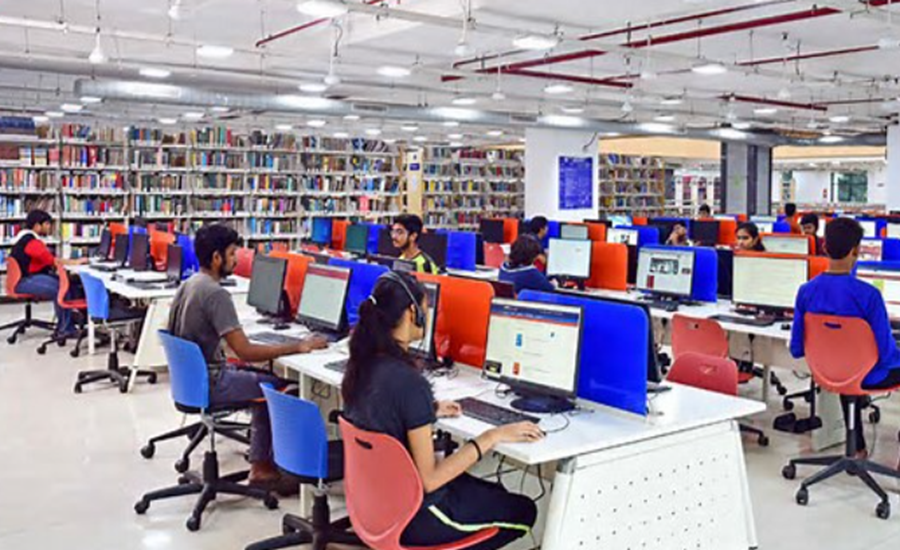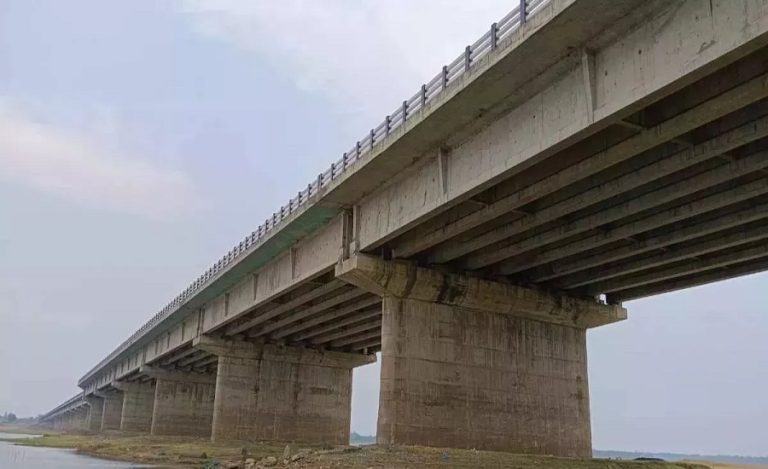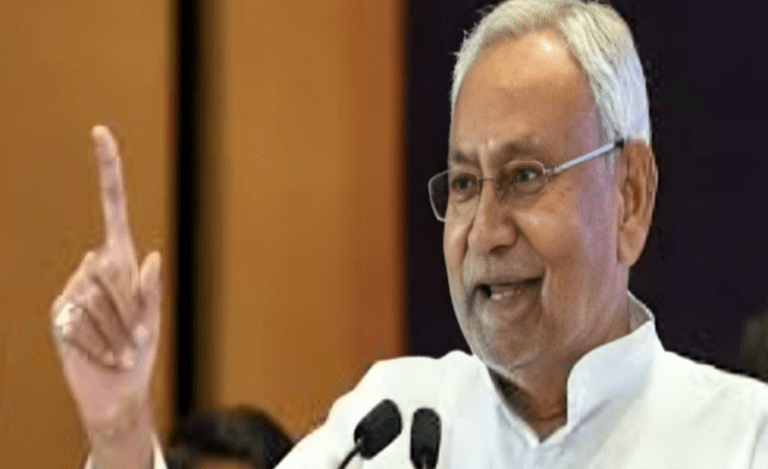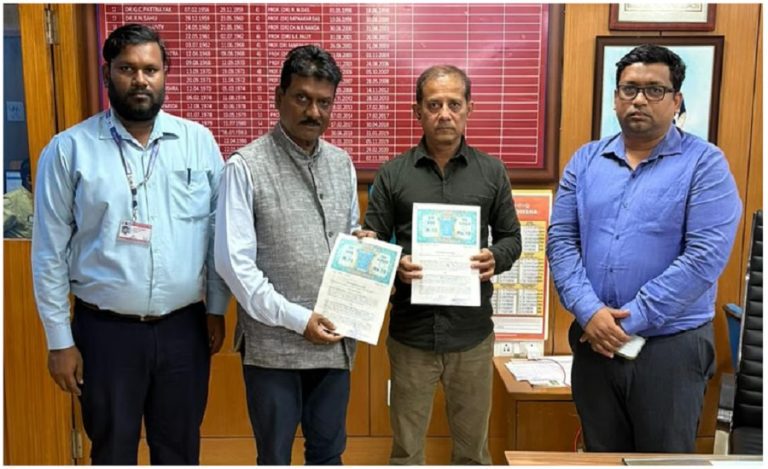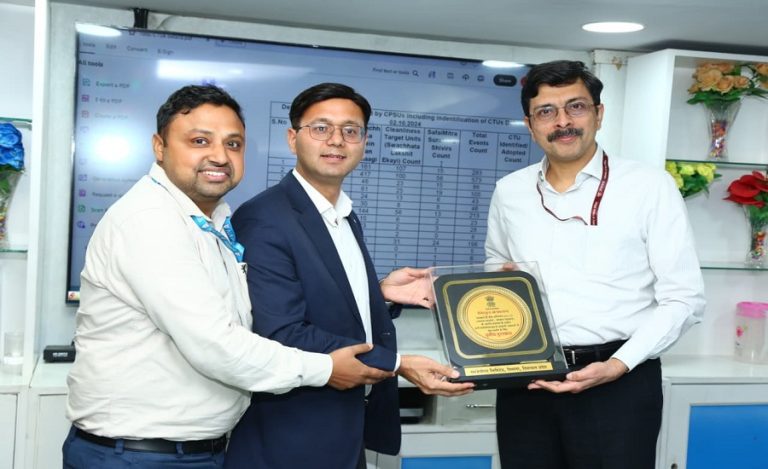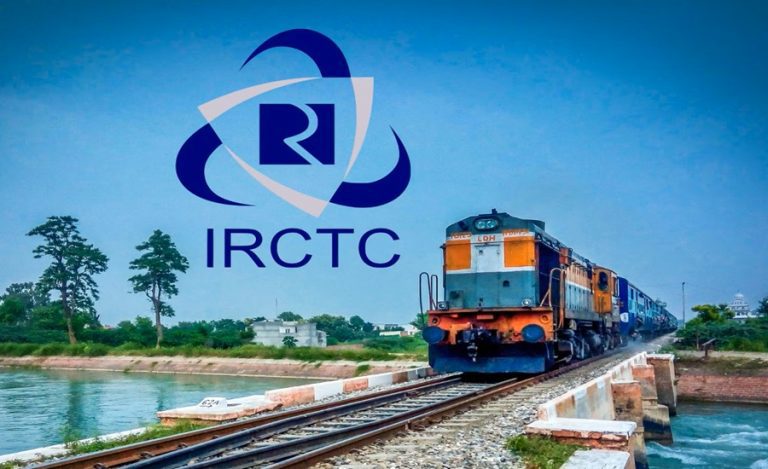In a significant policy push ahead of the upcoming assembly elections, the Bihar cabinet led by Chief Minister Mr. Nitish Kumar approved a series of ambitious initiatives on Tuesday, ranging from education and energy to transport, industry, and electoral infrastructure. The decisions reflect a multi-pronged strategy to enhance public services, promote industrial development, and improve digital access across the state.
Digital Libraries in All 243 Assembly Constituencies
One of the flagship decisions is the approval for setting up digital libraries in all 243 assembly constituencies under the Mukhya Mantri Digital Library Yojana. With an estimated outlay of Rs. 94.50 crore, this initiative aims to strengthen educational infrastructure and support students preparing for competitive examinations.
Each Digital Library Kendra will be housed in existing government buildings such as schools, colleges, panchayat offices, or community halls. Every centre will be equipped with:
- 10 computer terminals
- High-speed internet connectivity
- Uninterrupted power supply
According to Additional Chief Secretary Mr. S. Siddharth, a minimum of 300 sq. ft. space will be required per centre to accommodate the facilities. This move is expected to revolutionize rural digital access and create a knowledge hub in every constituency.
Green Signal for 2400 MW Thermal Power Plant at Pirpainti
In a major revision to the state’s energy roadmap, the cabinet approved the establishment of a 2400 MW thermal power plant in Pirpainti, Bhagalpur, replacing the previously proposed solar power project. The plant will consist of three units of 800 MW each.
The project will be awarded via competitive tariff bidding, where the developer quoting the lowest tariff (Rs. 6.08 per unit) will win the contract. This large-scale project is expected to significantly boost the state’s power supply and support industrialization.
Inter-State Bus Services on PPP Model
To improve public transport and manage the surge in passenger flow during festivals, the cabinet cleared a plan to run inter-state buses on a Public-Private Partnership (PPP) model. Under this scheme:
- Private operators will collaborate with Bihar State Road Transport Corporation
- A five-year agreement will be signed
- Operators will be compensated at Rs. 150 per seat during peak times and Rs. 300 during off-peak hours
The project has been allocated Rs. 35.64 crore, and is expected to enhance connectivity and convenience for inter-state travelers.
Land Acquisition for Industrial Expansion
In a bid to attract investment and foster industrial growth, the cabinet authorised the Infrastructure Development Authority to acquire land in several districts. Key approvals include:
- 441.79 acres in Aurangabad
- 252.30 acres in Katihar
- Over 500 acres each in Nalanda, Muzaffarpur, and Supaul
The total cost of land acquisition is estimated to exceed Rs. 1,000 crore, setting the stage for the development of new industrial zones across Bihar.
Enhanced Election Preparedness
With elections around the corner, the cabinet sanctioned Rs. 154.30 crore for the installation of web-enabled cameras at 90,712 polling stations across the state. This measure is aimed at:
- Ensuring full webcasting
- Enhancing transparency and security
- Improving real-time monitoring of the polling process
Other Key Decisions
- Creation of 167 new posts in Munger University to support academic and administrative functions.
- Approval of Rs. 65.80 crore for the construction of a 720-bed Dr. Bhim Rao Ambedkar Residential School in Nabinagar, Aurangabad, to improve access to quality education.
Conclusion
These wide-ranging cabinet decisions underscore the Bihar government’s focus on inclusive development, technological empowerment, and industrial progress, while also preparing the state for smooth and transparent elections. The initiatives are expected to have long-term socio-economic impacts, especially in education, power generation, connectivity, and governance.

